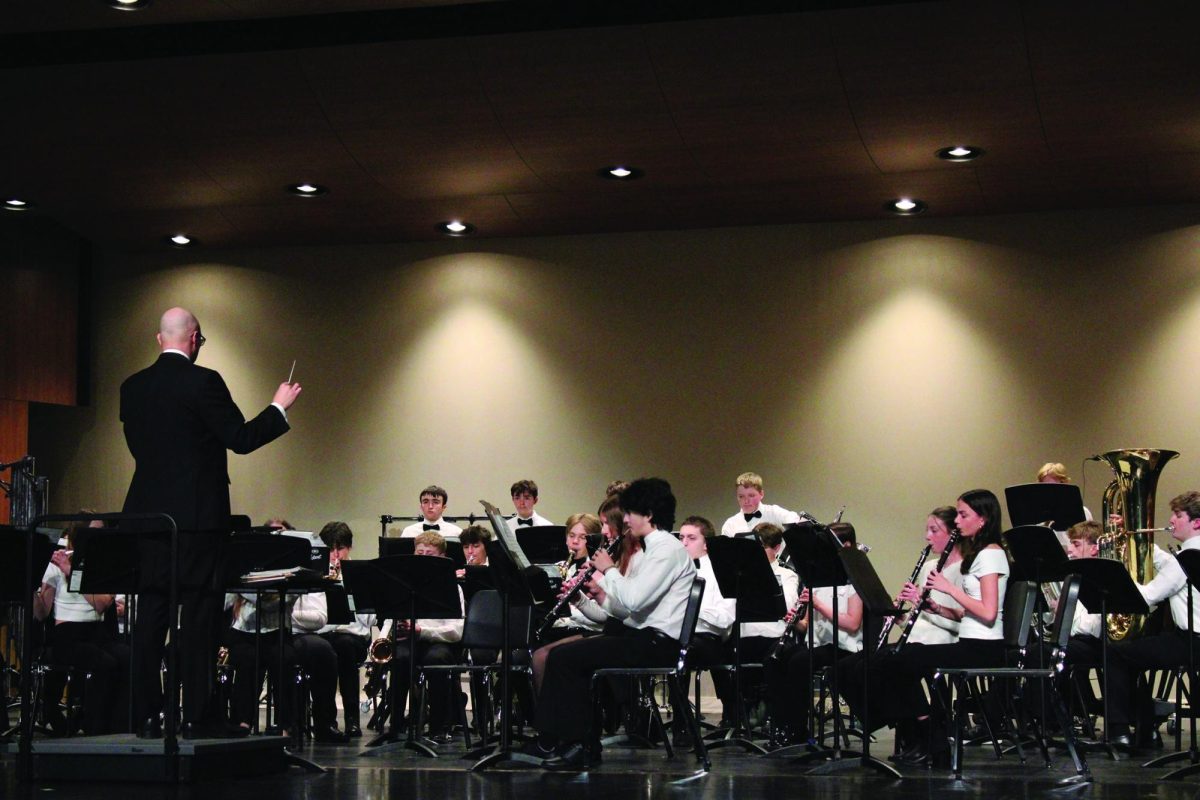U of I application deadline changes
The University of Illinois at Urbana-Champaign eliminates early action
December 4, 2014
With an average of around 200 applicants per year from LT, the University of Illinois at Urbana-Champaign (U of I) is one of LT’s top choice schools among seniors. Traditionally, it has utilized early action in its admissions process, meaning that as long as a student completed her application by Nov. 1, she would hear back from the school in January, as opposed to February like the regular decision applicants.
If a student was not accepted in the early action pool, however, she would be deferred and her application would be reconsidered during regular decision.
This system resulted in many students being deferred overall. In LT’s case specifically, nearly half of the applicants were deferred due to many students applying to the most selective colleges within the university (business and engineering) leading U of I to change its application process, College and Career Center Coordinator Lianne Musser said.
Under the new application process, students not seeking scholarships or honors have until Dec. 12 to submit their applications. Additionally, all students who submitted applications do not hear back from the university until Feb. 13, completely eliminating early action.
“I think it will be nice for [the university] to streamline everything and not keep kids waiting,” U of I student Mary Cate Most ‘13 said. “[But overall] I think it was a bad move on the part of the university to make that change, because students are more likely to go to a school that they got into earlier.”
According to Musser, it is not uncommon for schools to change how they review applications. Nevertheless, many students feel agitated by the change, particularly students who want to know their college admission decision early.
“It is frustrating that I will not find out for so long,” U of I applicant Maggie Taylor ‘15 said. “I think a lot of people do not know about [the change] and they are probably going to be really annoyed [when they find out].”
Despite students wanting to know their status earlier, both Musser and Most agreed that getting a deferment can feel like one of the worst things to happen, because it prolongs the agony of the college process.
“You just feel defeated,” Most said. “In some regards, letting everyone get in at the same time might increase the positive morale.”
In addition to ceasing deferments, U of I is also hoping to use this new admissions process to look at students more holistically and not based solely on GPAs or test scores.
“The new process allows the university to select an alternate major within a college or Division of General Studies as an option rather than simply denying the student admission,” Musser said.
This extra time might be a stepping stone for students to get into schools, such as engineering, within the university that would not have happened during early action.
“I hope this [change] allows [the university] to look at [applicants] more holistically,” Most said.
For many students, the college process can be daunting, and, although frustrating, less deferments and more waiting might end up being a positive change, Musser said.





















![Movie poster for '[Rec]" (2007).](https://www.lionnewspaper.com/wp-content/uploads/2023/04/rec-640x900.jpg)


